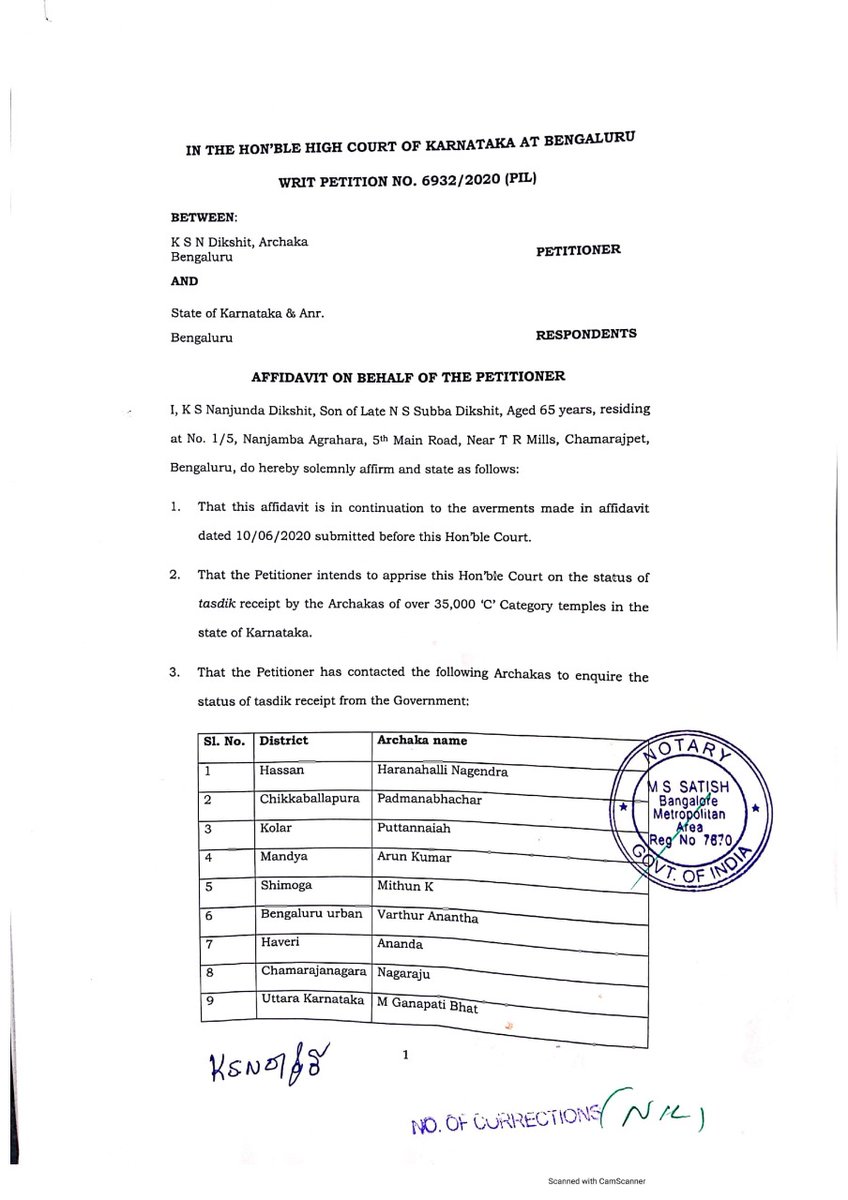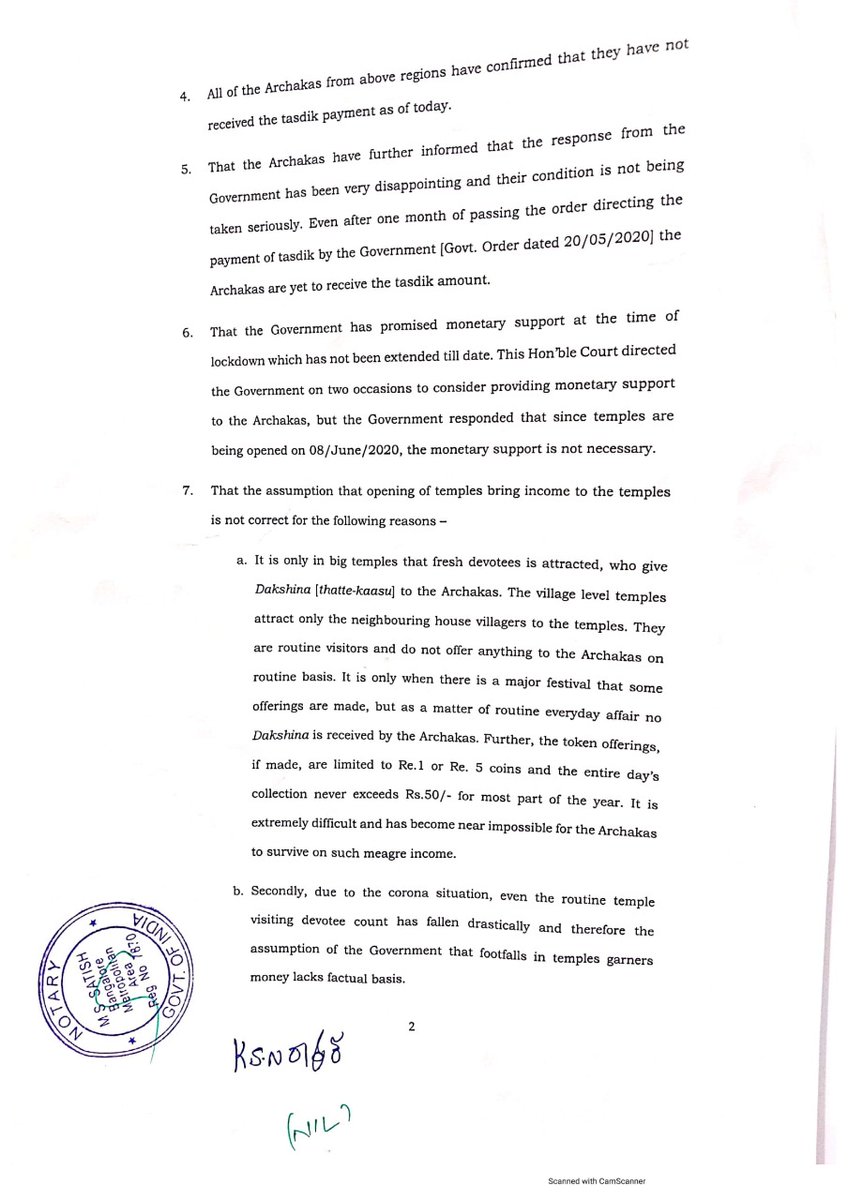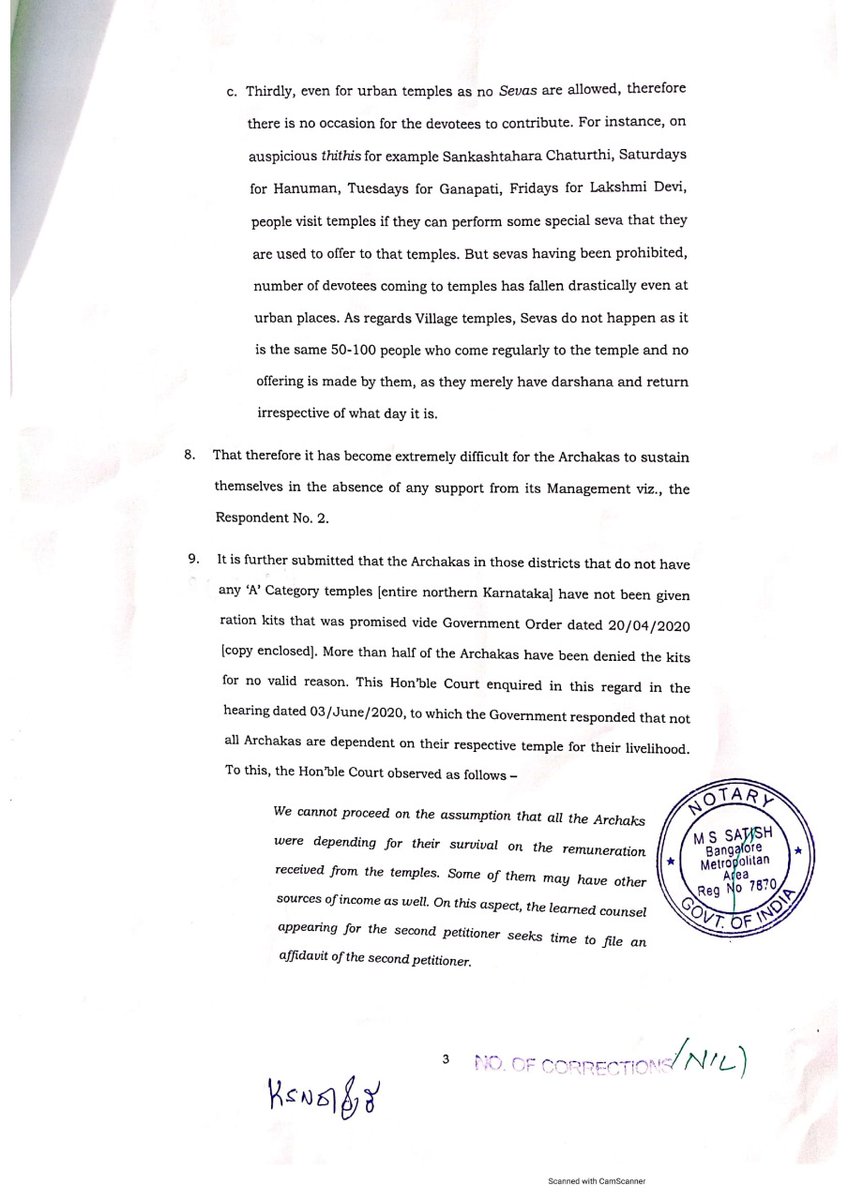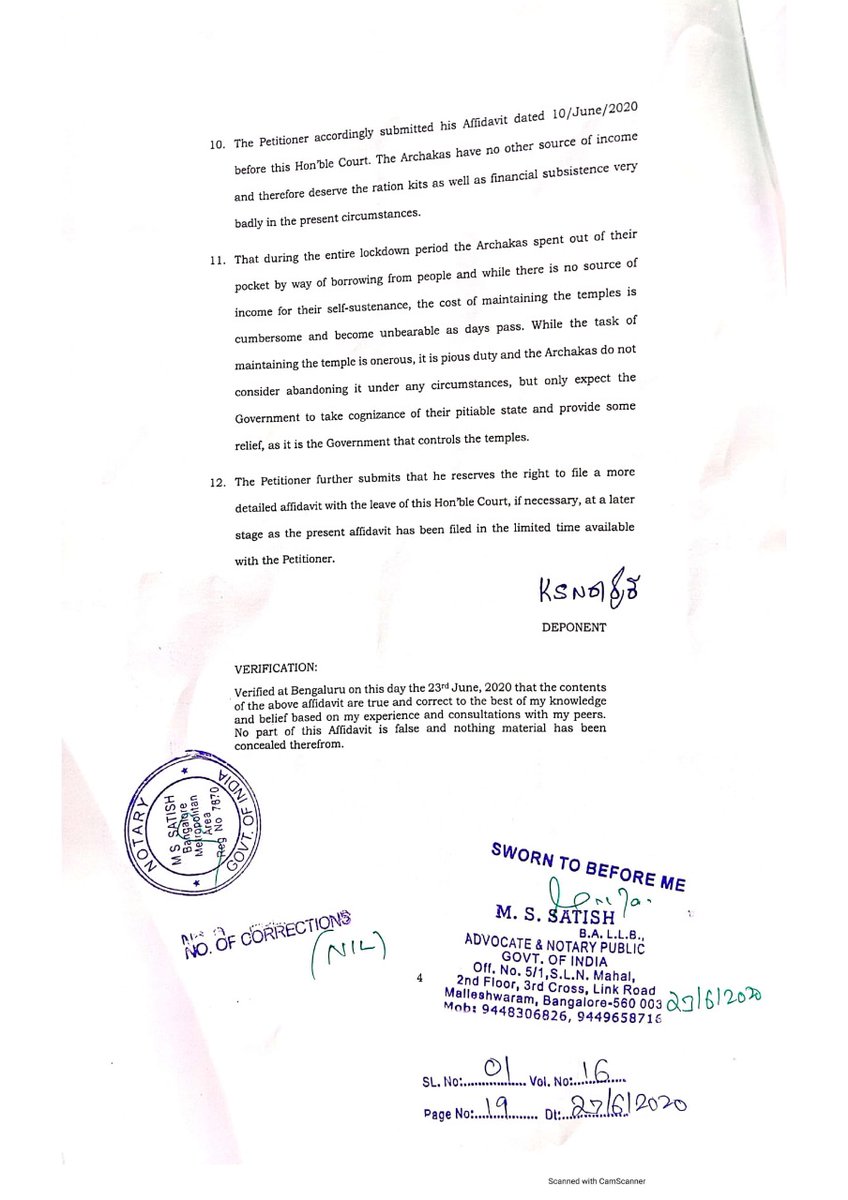
1. The separate board for administration of Hindu temples recently proposed by the BJP is presumably stated in the context of Tamil Nadu. If that is so, it is hardly a step forward, given that some "saints and scholars" are already a part of TNHRCE albeit in an advisory role.
2. However, the announcement has generated speculation about the possibility of a national board that manages all temples, just as there are centralized institutions of other religions that manage the affairs of all their properties and operations.
3. BJP must clarify if they're proposing the board of administration for TN or India. The response will have to be provided accordingly. But since there's been much debate already on the idea of a national board, we are sharing the considered view of trustees of @indiccollective.
4. We believe that there must be multiple levels of temple administration according to the size of the temples, which would be in the best interests of preserving the autonomy and diversity of rituals of the numerous primary and secondary sampradayas of Sanatana Dharma.
5. Local village temples can be administered by village-level elected committees. Where they belong to particular sampradayas, they shall be administered by people of non-political background from or upholding that sampradaya.
6. Larger sampradaya temples that have hereditary trustees should be left to the hereditary trustees. Where there are no hereditary trustees, in most larger temples, there used to be a scheme of administration before the government took over.
7. In such cases, those schemes (which generally involved a mix of trustees and representatives from various communities associated with that temple) must be brought back. For temples that have nation-wide participation, individual schemes of admin can be framed specifically.
8. For such temples, the system of hereditary trustees and locally elected trustees should be used - along with acharya representatives from the same sampradaya from other locations having a seat on the board.
9. External proprietary audit must be made mandatory for all temples with an annual budget exceeding INR 25 lac.
10. Village temples must be made to submit their accounts to village mahapanchayat of local Hindus. Annual meetings can be held for all temples - like General Body Meetings in the case of companies or cooperative societies.
11. If property admin is an issue, an estate department for the Hindu temple properties can be created - like how organisations like SBI have an estate dept to handle their real estate properties. The list must be published online as in case of Waqf board properties.
12. This professionally managed department can be given the commercially viable properties - from which it shall generate revenue and then plough it back to the temples proportionately.
13. Given that the income that can be generated from temple properties runs into thousands of crores, it is of critical importance that the surplus generated is not siphoned off by the secular State.
14. After expending on temple rituals and essential budget, surplus income (including the income from donations) must be spent on Hindu causes - including Dharmic schools, colleges, gurukuls, Hindu 'missionary' hospitals etc. Dharma prachar must also be given due importance.
15. In the past, we have unequivocally lauded the dispensation on moves such as CAA, Article 370, Rohingya deportation, etc. Our approach has always been issue-based support/criticism with the long-term welfare of our civilisation in mind.
16. Therefore, our position on Temple freedom is rooted in principle and is independent of the party in power in any State. We have always advocated *complete* autonomy and believe that half-measures will do further harm rather than good.
• • •
Missing some Tweet in this thread? You can try to
force a refresh









